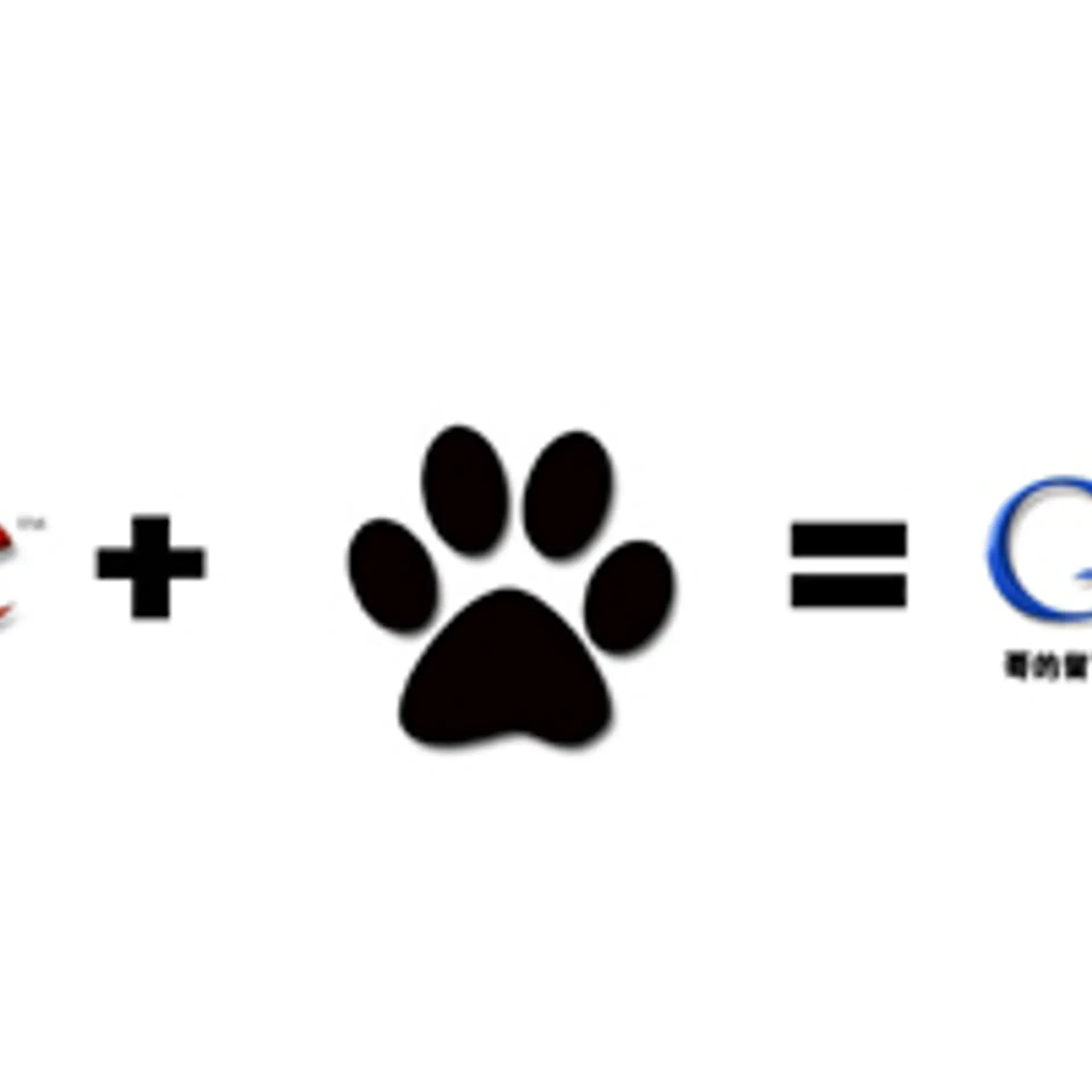

How Artificial Intelligence Can Reinvent Human Resources
Artificial Intelligence is expected to be a game changer in the world of business. Organizations are deploying AI-powered machines to aid various functions such as sales, logistics, manufacturing, HR etc. AI can enhance the productivity of different processes by performing cognitive functions just the way humans do.
According to Converge.xyz, there are three levels of ‘human reasoning’ capability that AI based machines have based on their proficiency to mimic humans – strong AI, in-between AI and weak AI. Organizations can choose between varying levels of AI for deployment across their processes.
How AI can reinvent HR?
For human resources, the amalgamation of technology and HR is not new. However, AI is arguably the biggest disruptor that can reinvent it in ways never imagined before. Coupled with a massive growth in big data, HR functions have the ability to track and analyse employee patterns and make their decisions.
Whereas, Machine learning enables AI machines to gain continual insights from their workforce data and provide answers to various HR challenges. Below are some of the ways through which AI can help in reinventing HR.
Workflow Automation
The main benefit of AI is that it can automate an activity that could not be done by machines earlier. Within the domain of HR, AI-based virtual assistants can help in automating recruitment. Generally, a recruiter has to sift through countless resumes, screen potential candidates, schedule interviews and send offer letters. The tasks are repetitive and arduous, and AI is best suited to perform such simple yet repetitive jobs.
AI assistants like Mya screens job applicants, schedules interviews and creates a list of shortlisted candidates. It uses NLP (Natural Language Processing) to match resumes to job descriptions and creates customised questions for screening the candidates. With deep learning algorithms and semantic analysis, it can steer interviews to extract meaningful responses from the candidates. The AI-enabled assistant can then ‘decide’ if the candidate is suitable for the role or not. For organizations, this proficiency means reduced costs and improved turnaround time. Another AI, Hilton has already improved its speed of hiring by 85% by using AI. This has allowed them to invest more energy into upskilling their employees for strategic tasks.
Accurate Prediction Models
Managing workforce is one of the main challenges of an HR manager. Increasingly, organizations are facing higher attrition rates and hence need to up their game and keep employee engagement high. Artificial intelligence can work with a large amount of data to create predictive models and use it to predict future attrition rates, engagement levels, highlight employee concerns and unearth hidden issues on work floors.
Sentiment analysis is an AI-based tool where employee focus groups are tracked and analysed to get actionable insights on employee engagement. This helps find out the real employee pain areas and the organization can address them to improve the connection they have with the workforce.
Personalisation
AI chatbots can add a personal touch to recruitment. They can help in on-boarding new hires seamlessly by providing them a customised transitioning plan according to their needs. AI tools develop a wide range of learning behaviour insights which help in developing predictive models that suggest the ideal learning path for any employee. AI is helping organizations by using employee data to create different learning experiences. Machine learning enabled tools to recommend a learning path for any employee by analysing their behaviour, performance, preferences etc.
A discussion on the future of HR may bring a gloomy picture of job cuts, however, the truth is not always black and white. Yes, automation will enable organizations to run many processes without human intervention. But it will also lead to creation of new jobs requiring unique skills according to the needs of a smart tech-driven organization. The future of HR offers a rich amalgamation of smart technology and humanity. It can potentially reinvent human resource by leveraging the power of AI with HR’s ‘human touch’, leading to improved engagement and better productivity.






